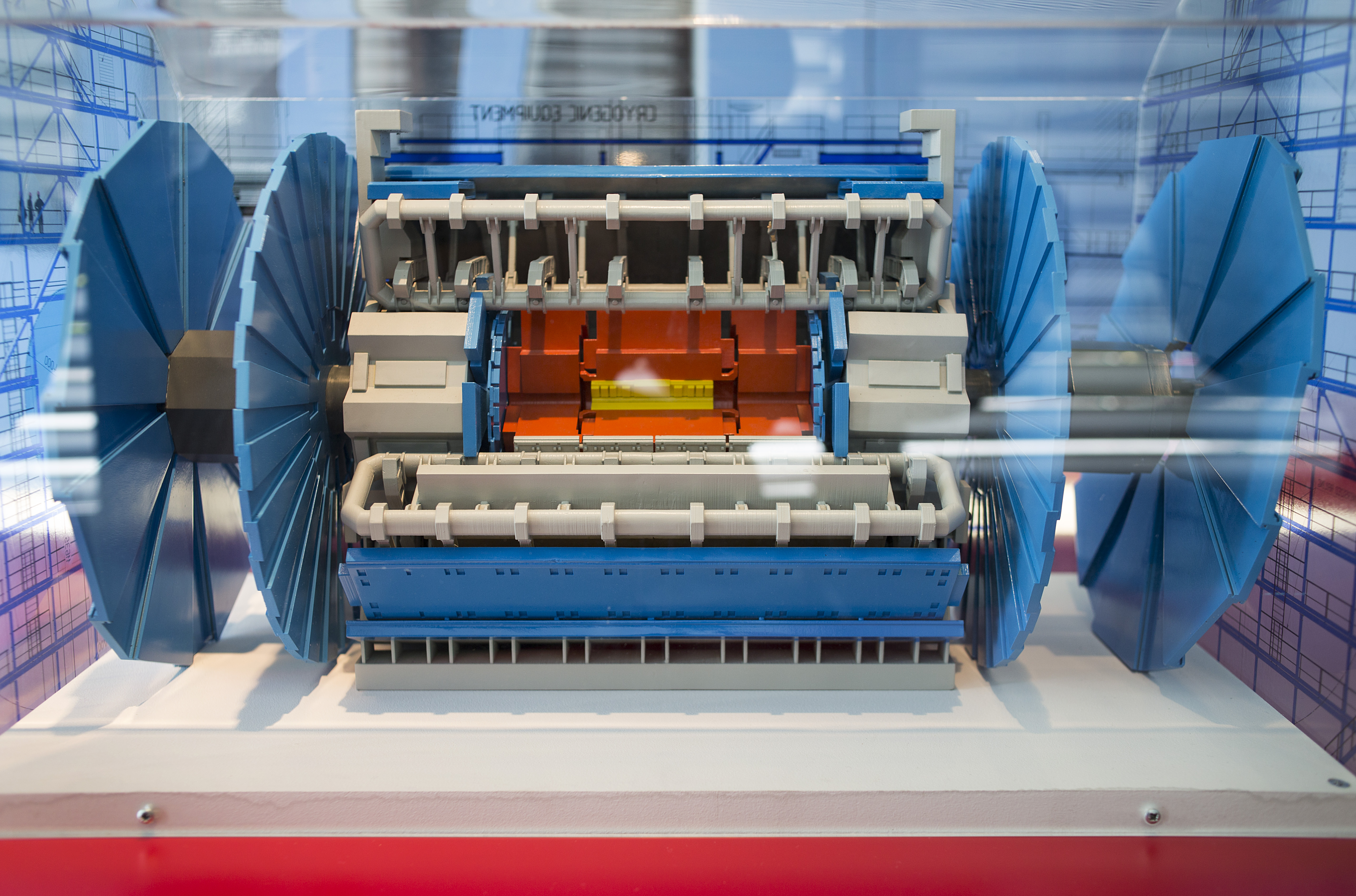Record-breaking particle collisions at CERN

CERN researchers have made scientific history by using the most powerful particle accelerator in the world, the Large Hadron Collider (LHC), to run proton beam collisions at an energy level of 13 TeV (tera-electronvolts).
The collisions on Wednesday were a crucial step in the final preparations for the long-awaited LHC season 2 experiments at the European Organisation for Nuclear Research (CERN) on the French-Swiss border, north of Geneva. These are expected to commence in early June following two years of machine maintenance and upgrading.
The 13 TeV collisions are designed to ensure that systems designed to protect the LHC from stray particles are in good working order. Tests will continue today, and their successful completion will indicate that experiments on four detectors – known as ALICE, ATLAS, CMS and LHCb – can safely proceed.
For comparison, collisions during the LHC’s initial three-year run topped out at an energy level of 8 TeV. Collisions made at these higher energy levels will allow CERN physicists to produce larger particles than before, potentially shedding light on new physical phenomena.
Exotic particles
The CHF6.5 billion ($6.95 billion) Large Hadron Collider, conceived in the early 1980s, is the most powerful particle accelerator ever built. It sits in a 27-km-long circular tunnel, 100 metres below the ground at CERN.
In the giant subterranean collider, high-energy protons in two counter-rotating beams are smashed together hundreds of times a second in search of exotic particles at four points around the machine. Travelling at near the speed of light, they are guided by thousands of superconducting magnets. The debris is then tracked on huge detectors. The LHC is set to run over the next 20 years with several stops planned for upgrades and maintenance work.

In compliance with the JTI standards
More: SWI swissinfo.ch certified by the Journalism Trust Initiative












You can find an overview of ongoing debates with our journalists here . Please join us!
If you want to start a conversation about a topic raised in this article or want to report factual errors, email us at english@swissinfo.ch.